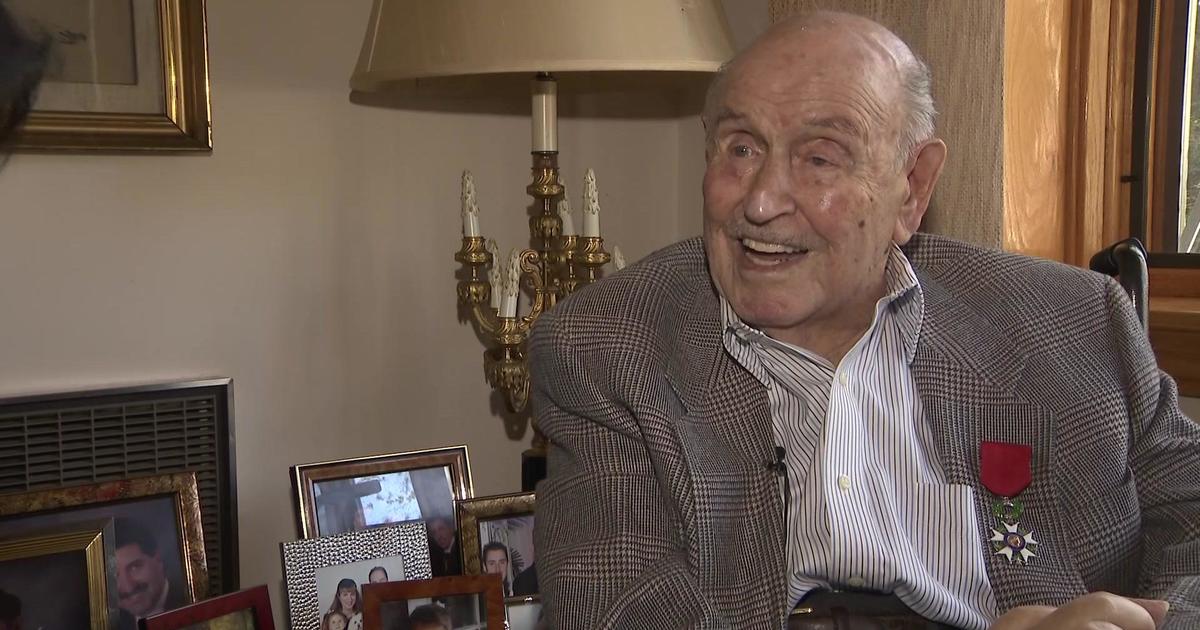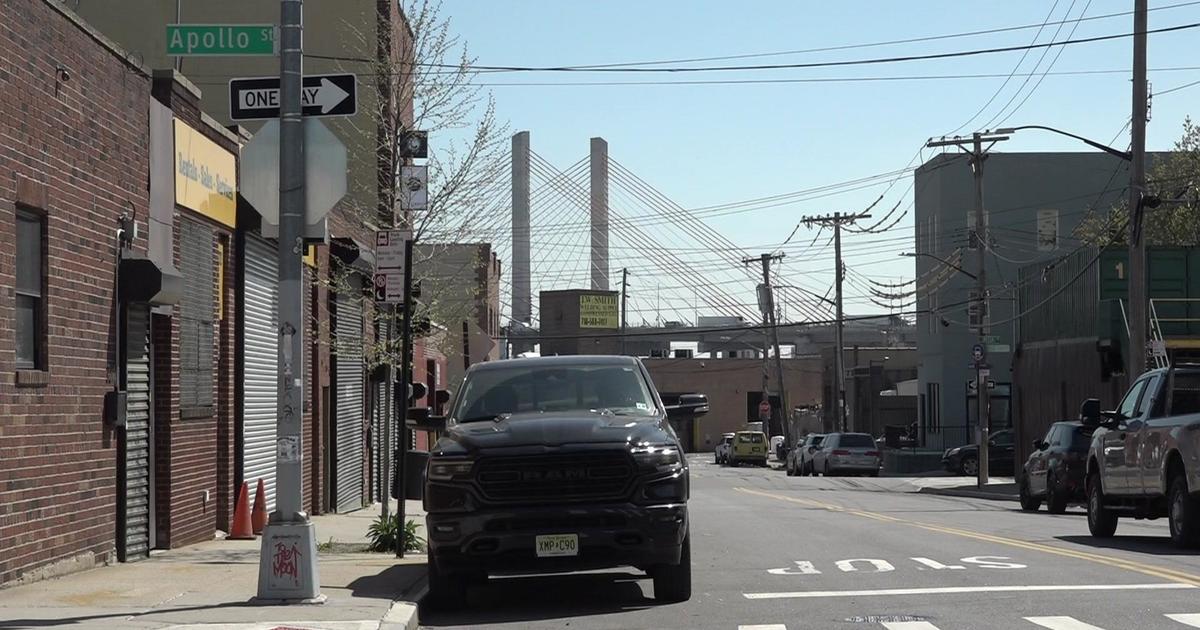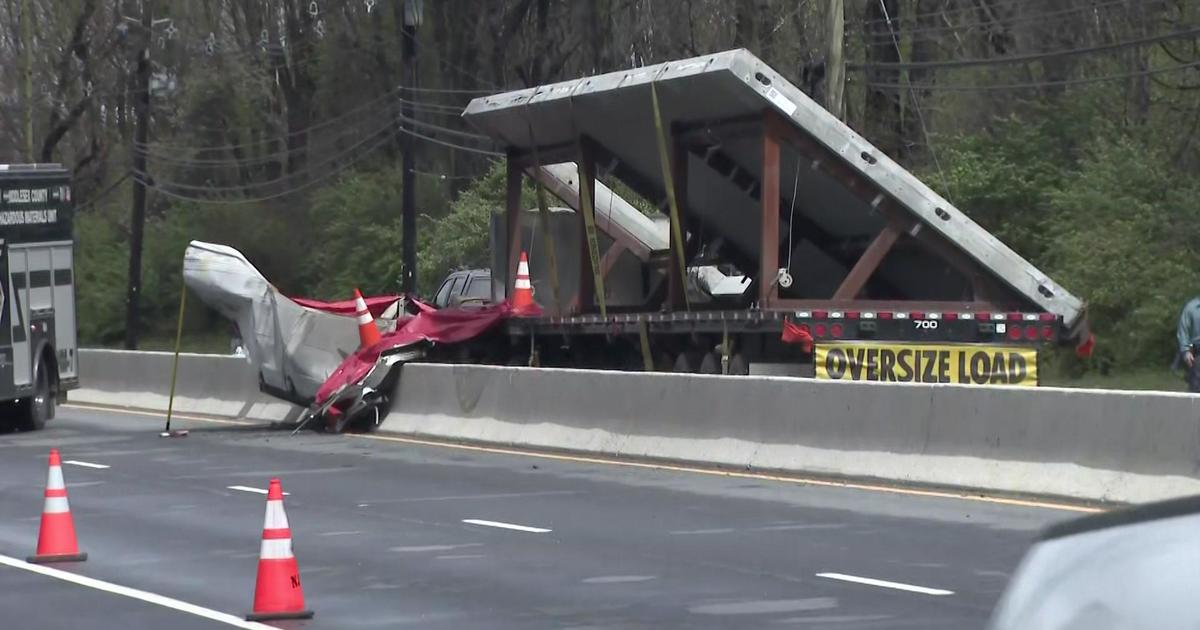Crown Heights Riots, 30 Years Later: Could It Happen Again?
NEW YORK (CBSNewYork) -- It was 30 years ago Thursday that the Crown Heights riots in Brooklyn exposed a weakness in New York City's politics -- inequalities and polarization -- but could it happen again?
Now, people who were directly involved in the events say it's not a matter of if, but when.
The Jewish section of Crown Heights today looks very much like it did 30 years ago, and so does the area at Utica Avenue and President Street where 7-year-old Gavin Cato was killed.
Superficially, both areas look peaceful, but beneath the surface the same racial tensions simmer -- unemployment, unequal justice, the fears about ongoing gentrification.
"They believe that these people come in and do not have any shared interests in the community. They come in and take over businesses, and they don't hire from the community ... They come in and they have charter schools where they take space from the public schools," said Hazel Dukes, president of NAACP New York State Conference.
READ MORE: Crown Heights, 30 Years Later: Looking Back On The Riot That Tore The City Apart
CBS2 political reporter Marcia Kramer spoke to a number of people who were on the ground during those dark days in Crown Heights, and they all agree that it could happen again, if not in Crown Heights, in another community.
To Isaac Abraham, a close friend of the family of Yankel Rosenbaum, who was killed during the riots, the horrifying events of three decades ago offer no lessons to preventing another incident.
"Because liberals, socialists and progressive people have taken over," Abraham said.
Rev. Dr. Herbert Daughtry couldn't be further apart from Abraham on the ideological spectrum, but he too thinks there could be a point where tensions boil over.
"We're gonna have tension, and this tension eventually explode. So what we should learn is what were the ingredients that produced this explosion and how can we correct the ingredients?" he said.
Crown Heights is regarded as the event that cost David Dinkins, New York City's first Black mayor, reelection. He even appeared to lose support in the Black community.
Many say it could be a cautionary tale for Eric Adams, the Democratic nominee for mayor, who could become the city's second Black mayor. If he wins, he will face issues similar to those Dinkins struggled to address.
"The job questions, the questions of housing equity and gentrification. Yes, I think those are all issues that are percolating below the surface," said Norman Steisel, former deputy mayor in the Dinkins administration.
It's clear that Adams' Republican opponent, Curtis Sliwa, is ready to latch onto the issue. He was seen prominently at the memorial service for Yankel Rosenbaum.
To prevent a repeat of Aug. 19, 1991, whoever is elected mayor should look for potential flash points, such as illegal evictions or anything that comes out of the COVID pandemic, actions that can divide a community.



